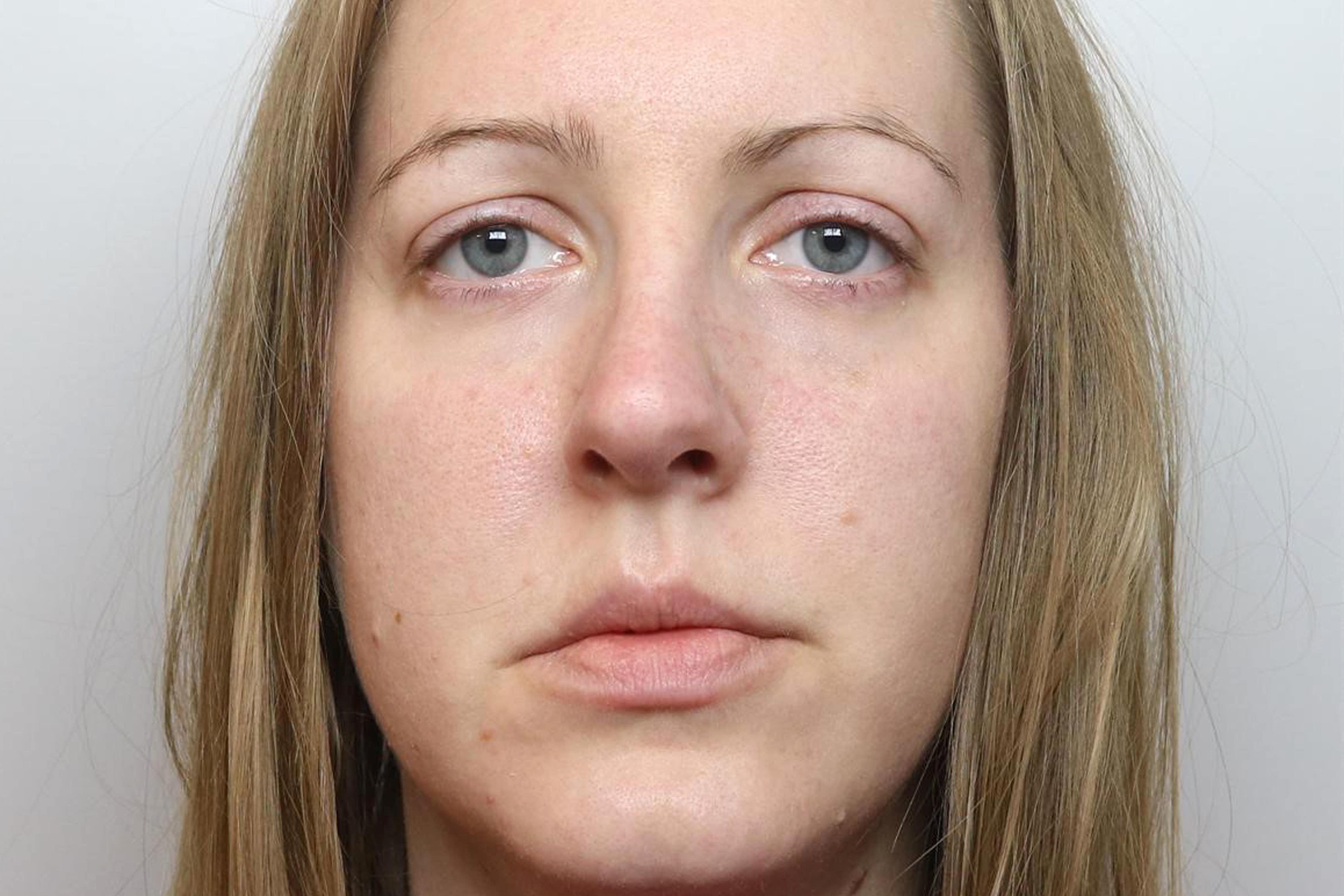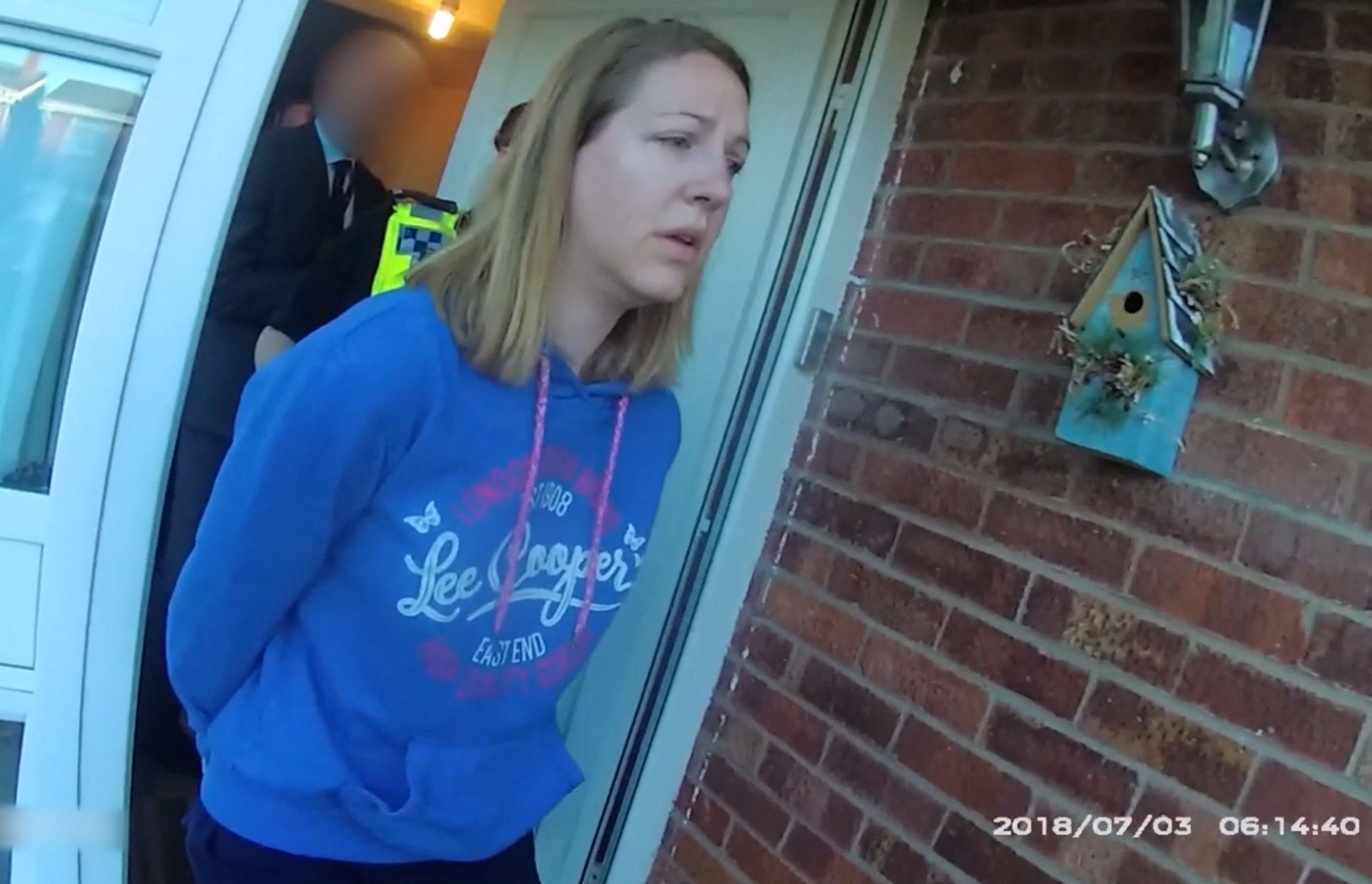Serial killer nurse Lucy Letby appealing against conviction for baby murders
Letby was sentenced to whole life order after jurors convicted her of murders of seven babies and attempted murders of six others at the Countess of Chester Hospital
Serial killer nurse Lucy Letby has formally lodged a Court of Appeal bid to challenge her conviction for murdering babies.
Letby, 33, was sentenced to a whole life order after jurors convicted her of the murders of seven babies and the attempted murders of six others at the Countess of Chester Hospital’s neonatal unit in 2015 and 2016. Court staff said on Friday that they had received an application for permission to appeal.
The Department of Health has previously said that an independent inquiry will be held into Letby’s case, and will examine “the circumstances surrounding the deaths and incidents – including how concerns raised by clinicians were dealt with”.

Letby, from Hereford, denied all the offences and refused to attend her sentencing. She was cleared of two counts of attempted murder.
The jury of seven women and four men could not reach verdicts on allegations that Letby attempted to murder three baby girls, Child H, Child J and Child K. They also could not reach verdicts over two counts of attempted murder against Child N, a baby boy, and an allegation she tried to murder another male infant, Child Q.
Prosecutors will announce later this month whether they intend to seek a retrial for child serial killer nurse Lucy Letby on a number of outstanding allegations.
A hearing is scheduled to take place at Manchester Crown Court on Monday 25 September when the Crown Prosecution Service will state its intentions.

Last week it was also confirmed that inquiry into the killings will be led by Lady Justice Thirlwall - one of the UK’s most senior judges.
Health secretary Steven Barclay previously told the House of Commons: “On the day of conviction, I ordered an independent inquiry into the events at the Countess of Chester Hospital.”
“This inquiry will examine the case’s wider circumstances, including the Trust’s response to clinicians who raised the alarm and the conduct of the wider NHS and its regulators.”




